Taking charge of your well-being
This past weekend marked Global Wellness Day. It was a time to pause, breathe and ask ourselves: “What do I need to live a healthier and happier life?” Join us in this edition of ‘Thrive in 5’, as we dive into this question from the perspectives of individuals and employers.
Where are we now?
The purpose of Global Wellness Day is to recognise the value of our lives and strive to be healthier versions of ourselves.
Remember, wellness isn't just physical. It involves seven dimensions: mental, physical, social, financial, spiritual, environmental and vocational.
These factors are all interdependent. When one is out of balance, the others are invariably affected.
What can you do?
To be healthier, you need to be proactive about your health and take care of your body and mind before it breaks down - so do employees.
Proactive health care means individuals need to take control of their health by exercising, healthy eating, going for regular health checkups, practising mindfulness and keeping their stress in check.
Employees in the workplace are increasingly mindful about their well-being, and this goes beyond the physical. Employers should focus on building a culture of holistic well-being, which includes physical, emotional, financial, social and career support.
This can be through organised HR activities, and must extend to a deeper level and be built into the company’s ethos, too.
What's next?
Wellness is multidimensional (mental, social, financial, spiritual, environmental, vocational), so strive to expand your efforts across as many of these facets as possible.
Employers that prioritise well-being and mental health in the workplace will be rewarded with a more resilient and productive workforce.
Whether you're a manager or an employee, just getting started or are seasoned at meditation and self-care, wellness is central to your overall well-being and should be put at the top of your priority list.

